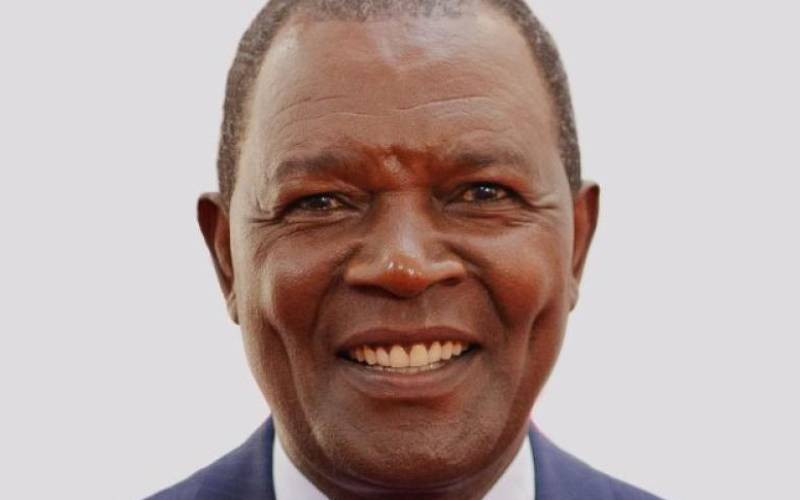×
The Standard e-Paper
Home To Bold Columnists

The Covid-19 pandemic triggered a profound setback after a quarter-century of economic and social progress.
Insecurity and political instability are becoming pervasive across Africa. The Russian-Ukrainian war is exposing millions of people to food insecurity, and the most vulnerable are the hardest hit as a large share of their income goes to food and transport spending.







